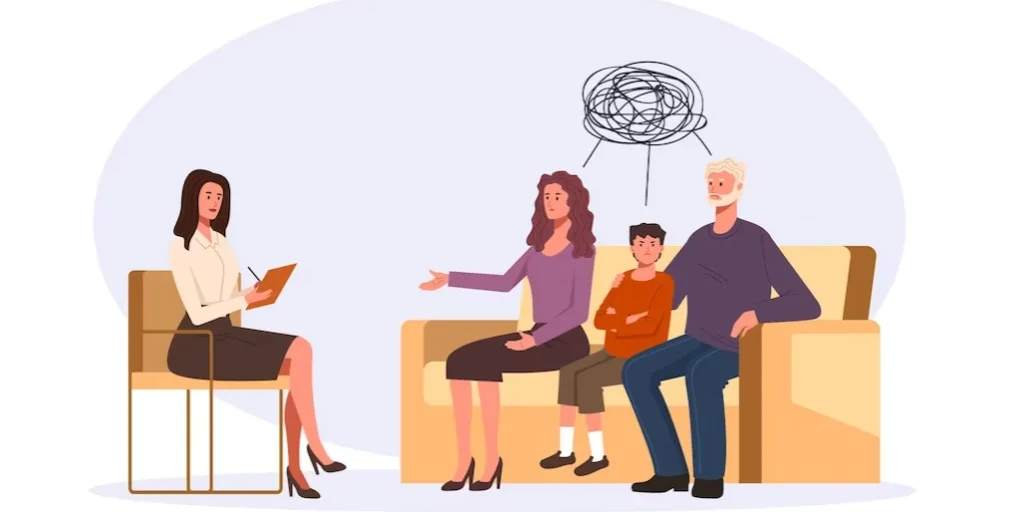24/7 Helpline:
(866) 899-221924/7 Helpline:
(866) 899-2219
Learn more about Eating Disorder Treatment centers in Saint Cloud
Eating Disorder Treatment in Other Cities
Other Categories in Saint Cloud

Other Insurance Options

Group Health Incorporated

Carleon

Coventry Health Care

Premera

State Farm
Beacon

MHNNet Behavioral Health

Medical Mutual of Ohio

WellCare Health Plans

BHS | Behavioral Health Systems

Excellus

Health Net

Amerigroup

American Behavioral

Sutter

Holman Group

Molina Healthcare

Anthem

WellPoint

Oxford


















